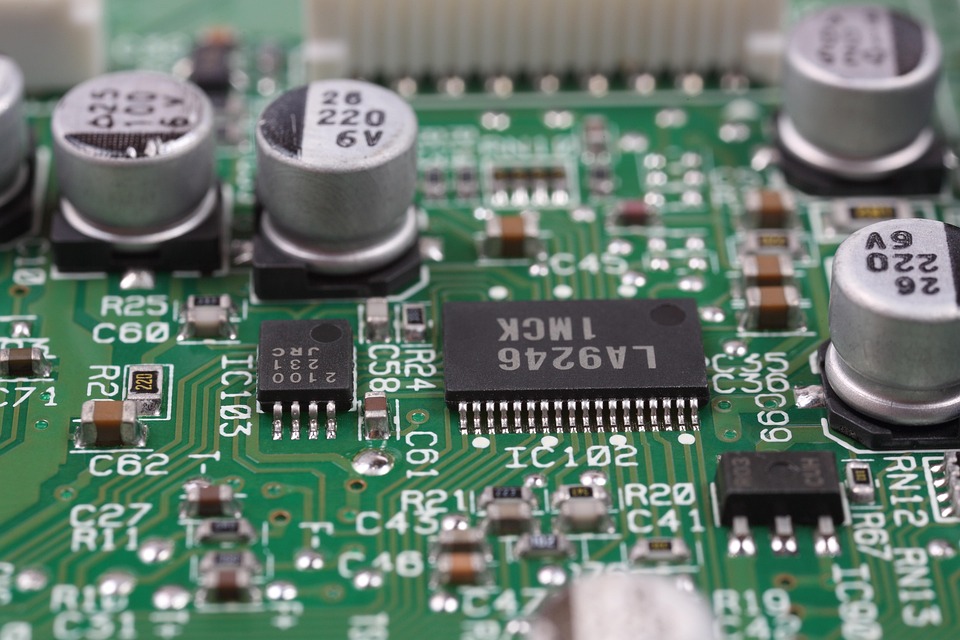payment processing for Restaurants: Key Considerations for a Seamless Dining Experience
In the bustling world of restaurant ownership, delivering exceptional food and service is only half the battle. A smooth and efficient payment processing system is equally crucial for ensuring customer satisfaction and optimizing your bottom line. Selecting the right payment processor involves navigating a complex landscape of fees, technology, and security protocols. This article delves into the key considerations for restaurants when choosing a payment processing solution.
Why payment processing Matters for Restaurants:
The impact of a robust payment processing system extends far beyond simply accepting credit cards. A well-chosen system can:
- Improve Customer Experience: Quick and reliable payment processing minimizes wait times and enhances the overall dining experience. Offering diverse payment options caters to individual preferences and increases customer satisfaction.
- Increase Revenue: Integrated systems can streamline order taking, table management, and tip processing, leading to faster table turnover and increased revenue. Accepting various payment methods expands your customer base.
- Reduce Costs: While fees are inevitable, choosing the right processor with competitive rates and transparent pricing can significantly reduce transaction costs over time.
- Enhance Security: Protecting sensitive customer data is paramount. A secure payment processor safeguards your business from fraud and data breaches, maintaining customer trust and protecting your reputation.
- Streamline Operations: Integrated payment processing systems can integrate with POS (Point of Sale) systems, accounting software, and online ordering platforms, streamlining operations and simplifying financial management.
Key Considerations When Choosing a Payment Processor:
Navigating the plethora of options can be daunting. Here’s a breakdown of the key considerations:
-
Payment Methods Accepted:
- Credit and Debit Cards: Ensure compatibility with major card networks (Visa, Mastercard, American Express, Discover).
- Mobile Payments: Embrace the growing popularity of mobile wallets like Apple Pay, Google Pay, and Samsung Pay.
- Contactless Payments (NFC): Enable tap-to-pay functionality for faster and safer transactions.
- Online Ordering Platforms: Integrate with popular online ordering platforms like Grubhub, DoorDash, and Uber Eats.
- Gift Cards: Offer both physical and digital gift cards to boost sales and attract new customers.
-
Pricing and Fees:
- Transaction Fees: Understand the percentage and flat fee charged for each transaction. Compare rates across different processors.
- Monthly Fees: Determine if there are monthly fees for account maintenance or minimum processing volumes.
- Setup Fees: Inquire about upfront setup fees for hardware or software installation.
- Early Termination Fees: Check for any penalties for terminating the contract before the agreed-upon term.
- Hidden Fees: Be wary of hidden fees such as PCI compliance fees, chargeback fees, or statement fees. Transparency is key.
-
Security and Compliance:
- PCI DSS Compliance: Ensure the processor is PCI DSS compliant, meaning they adhere to stringent security standards for handling cardholder data.
- EMV Chip Card Processing: Utilize EMV-enabled terminals to reduce the risk of counterfeit card fraud.
- Data Encryption: Verify that sensitive data is encrypted during transmission and storage.
- Fraud Prevention Tools: Inquire about fraud detection and prevention tools to protect your business from fraudulent transactions. Consider using processors that integrate with trusted security platforms like Authorize.Net.
-
Integration with POS Systems:
- Seamless Integration: Choose a payment processor that seamlessly integrates with your existing POS system to streamline operations and reduce errors.
- Real-Time Reporting: Ensure the integration provides real-time sales data, inventory management, and customer insights.
- Cloud-Based Solutions: Consider cloud-based POS systems for enhanced flexibility, accessibility, and data backup.
-
Hardware and Software:
- Terminal Options: Evaluate your hardware needs, including countertop terminals, mobile devices, and wireless options.
- Software Compatibility: Ensure the processor’s software is compatible with your operating system and devices.
- Ease of Use: Opt for user-friendly hardware and software to minimize training time and improve efficiency.
-
Customer Support:
- Availability: Choose a processor with responsive customer support available via phone, email, or chat.
- Technical Support: Ensure access to knowledgeable technical support for troubleshooting hardware or software issues.
- 24/7 Support: Consider processors offering 24/7 support for immediate assistance during peak hours or emergencies.
FAQs:
-
Q: What is PCI DSS compliance?
- A: PCI DSS (Payment Card Industry Data Security Standard) is a set of security standards designed to protect cardholder data and prevent fraud. Businesses that accept credit card payments are required to be PCI DSS compliant.
-
Q: What is EMV chip card processing?
- A: EMV (Europay, Mastercard, and Visa) chip card processing involves using terminals that read the microchips embedded in credit and debit cards. This technology provides enhanced security compared to traditional magnetic stripe cards.
-
Q: What is a chargeback?
- A: A chargeback occurs when a customer disputes a transaction with their credit card issuer. The bank then reverses the charge, and the merchant is responsible for proving the validity of the transaction.
-
Q: How can I reduce the risk of chargebacks?
- A: Implement fraud prevention tools, provide clear product descriptions, respond promptly to customer inquiries, and require signatures for large transactions.
Conclusion:
Choosing the right payment processor for your restaurant is a critical decision that can significantly impact your success. By carefully considering the factors outlined above, you can find a solution that meets your specific needs, enhances the customer experience, and protects your business from fraud.
Need help navigating the complex world of merchant processing? Contact Payminate.com today for expert guidance and customized solutions tailored to your restaurant’s needs. Let Payminate.com help you find the perfect payment processing partner to streamline your operations and maximize your profits.

